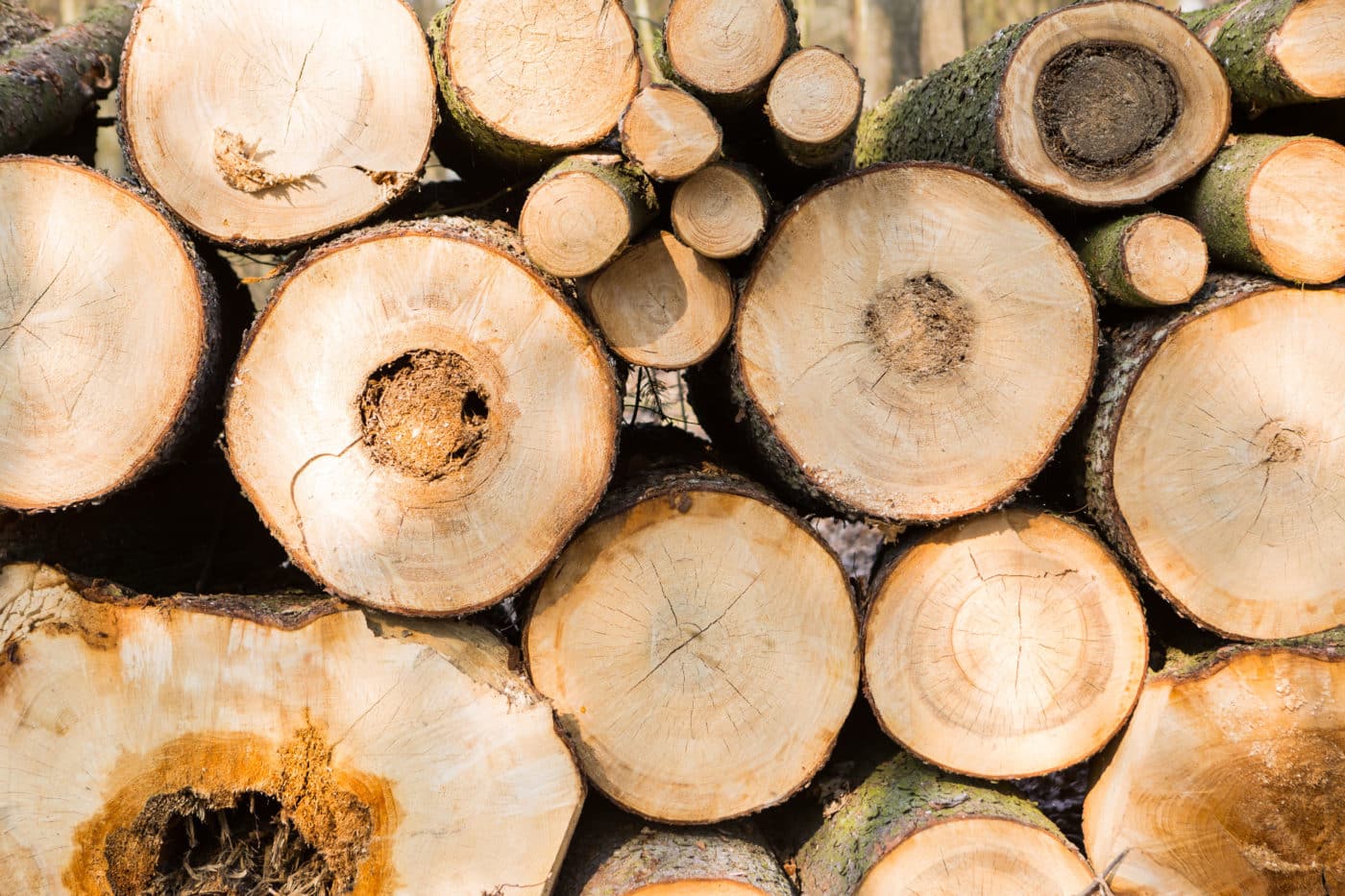Climate Change in Nicaragua and Our Path Forward.
Home | Project Impact |

Climate change in Nicaragua and our path forward
Last year, in Nicaragua the need for urgent environmental resilience measures became more real when two hurricanes hit the country. Hurricane ETA and IOTA revealed the inequalities existing between the most developed areas of the country and the Caribbean Coast, home to African descent and Indigenous communities. The hurricanes reminded us of Nicaragua’s vulnerability to disasters and how unprepared and uncoordinated it was to help communities affected and displaced by disasters. With the CO2 levels increasing globally, the oceans and the atmospheric temperature rising, more powerful and more frequent hurricanes and other disasters are inevitable and will continue to disproportionally affect developing countries.

For Nicaragua, a country dependent on agriculture, climate change has become a disrupting element for farmers and their planting practices. Rain and drought seasons have become extreme and unpredictable, threatening livelihoods. In 2016, the rainy season was two months late and when it finally came the limited rainfall meant the loss of crops and harvest around the country. When this happens, women find themselves irrigating crops by hand, which means carrying water from long distances, consequently interrupting their social and professional development, leading to the deep inequalities existing in the country. Just like that, climate change has become an intersectional issue in Nicaragua.
Farmers, and especially female farmers, are one of the most forgotten and unappreciated sectors of civil society. Too often policies that should protect farmers are not sustainable, so instead of improving their working conditions, their struggle to provide the country with food increases. Extended droughts and intense flooding put food security at stake especially in rural areas, but without urgent measures being taken, food security will likely become a widespread issue in the country.

Nicaragua is not only suffering the consequences of globally induced climate change. It is also dealing with the consequences of local activities causing damage to the environment, such as deforestation. From the northern part of the country, to the pacific coast, to protected areas like Bosawas in the Caribbean and the Indio Maiz border with Costa Rica, exploitation for wood harvesting has been widespread. When forests are taken down, climate change accelerates because greenhouse gases are no longer captured by trees.
The impact of deforestation can lead to water stress and heat waves. Some developing cities and villages in Nicaragua have been found to have access to water only three days per week (or even less!), while unusually hot temperatures have been registered in communities where deforestation has been taking place.

With so many people being affected by climate change in Nicaragua and all over the world, what is there to do? Nature-based solutions provide a route so nature can do what it does best – self-heal. The UN Environment Program has been already working with communities to deliver a sustainable and nature-based approach to the climate crisis in countries like Oman, Mexico, Colombia, El Salvador, among others. Some of their actions include:
- Implementing agroforestry, reforestation and afforestation programs.
- Monitoring national diversity strategic plans.
- Promoting Agro-ecological farming practices and climate smart agriculture.
Those are just a few ways to proceed, for nature-based solutions to succeed, it is important to promote: community coordination and collaboration, intersectional and gender-sensitive approaches to build climate resilience, transparent processes, and working and consulting with the communities most affected by the consequences of environment deterioration. With a lot of work ahead of us to reduce the effects of climate change, and plenty of solutions handed to us by science, it is time for action not excuses.
If you want to share your voice and views on an issue you feel passionate about then get in touch at blog@raleighinternational.org.
Interested in doing an Expedition yourself?
Explore our Expedition resources
Hear directly from Raleigh alumni and get your questions answered.
You’ll find everything in one place about our Expeditions.
Send us an enquiry with what you’d like to know more about.



